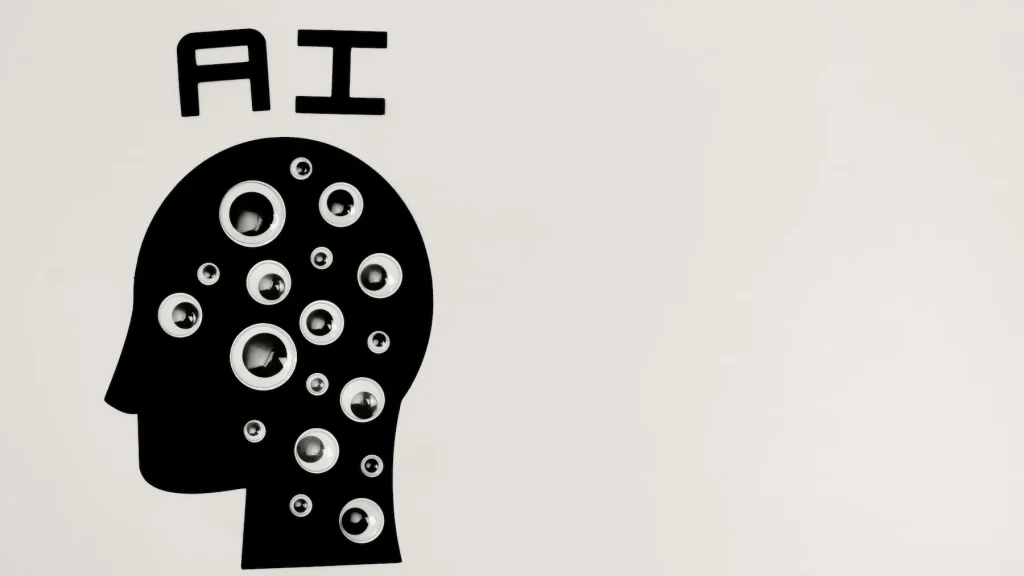Every Monday, in cafes and offices, we hear the sighs and lamentations: “Damn Monday!”. This choir is familiar to those who count the days until the next weekend. But, what ever we stopped to think about the real value of the work in our lives, especially now that we face an era of technological changes?
The work has always been more than a source of income; it is the engine that drives our society, a platform for personal growth and a source of fulfillment. However, at this moment in history, we are only five updates ChatGPT and a few innovations in robotics to see how artificial intelligence could radically transform our labour overview.
According to a report by McKinsey, by 2030, up to 30% of the tasks current job could be automated. This wave of change presents us with a crucial question: what happens with our dignity and sense of purpose when we work, as we know, changes dramatically?
In economic terms, the challenge of a world of automated seems manageable. Concepts such as universal income, in which the governments guarantee a basic income could provide a viable solution. However, what is enough money to replace the feeling of accomplishment and purpose that provides the work?
We live in an era in which artificial intelligence and robotics are already replacing human tasks, but the real concern is not how to survive economically. The challenge is deeper, more personal: is the possibility of losing our identity and the sense of accomplishment that we collect through the work.
So, how do we deal with these changes? Will we continue to refuse to work to the point of avoiding developing other skills that allow us to take care and get the satisfaction, growth, discipline, and responsibility that only the work gives us? Do you understand that, thanks to the work and only by means of the work, we can develop ourselves as worthy human beings capable of dealing with challenges that allow us to innovate and adapt?
The first step will be, then, to begin to see the Monday, not as the end of the break, but as the beginning of us as people, and to recognize the companies and entrepreneurs as the fundamental pillars that are.










